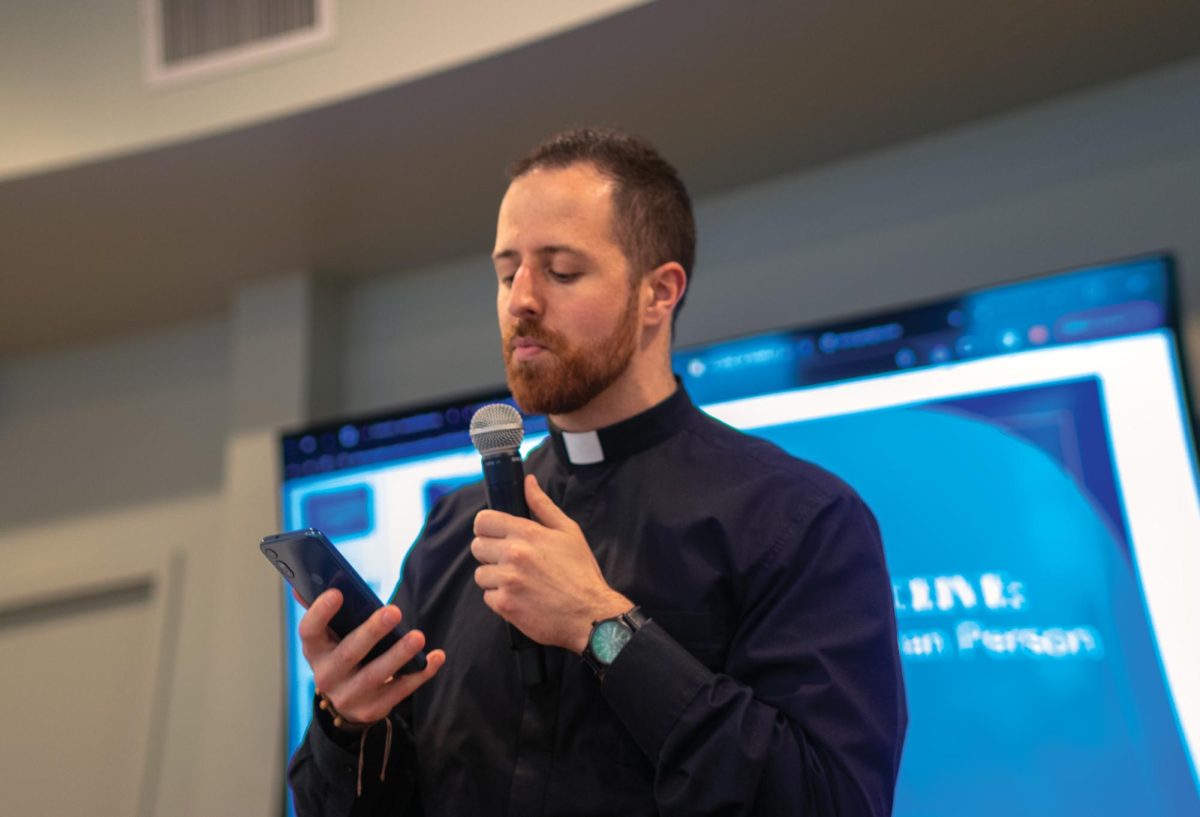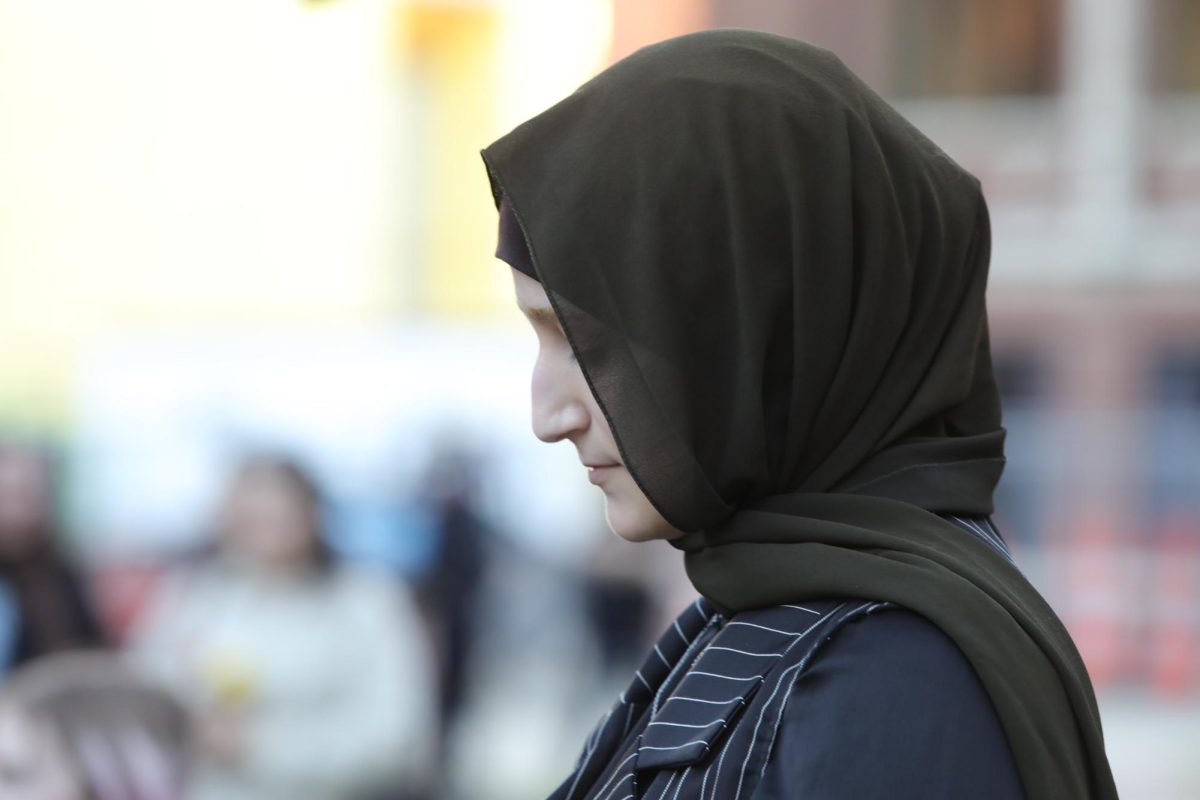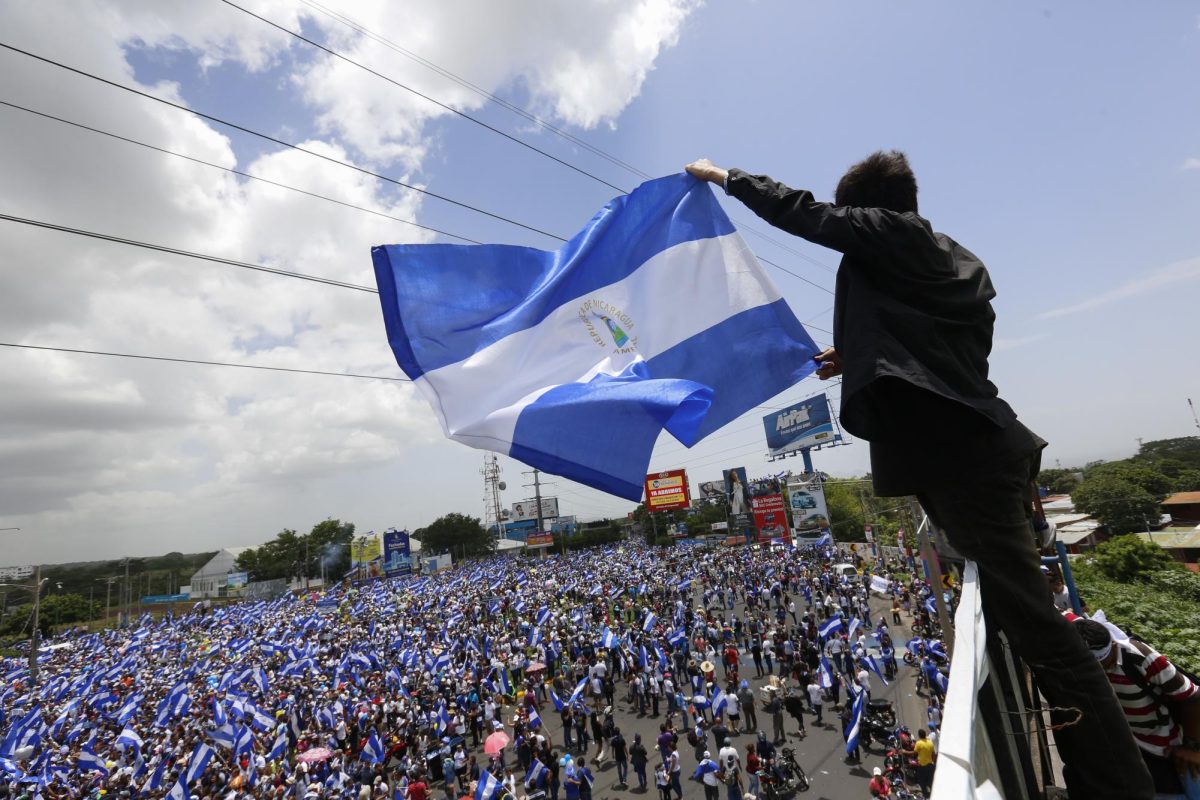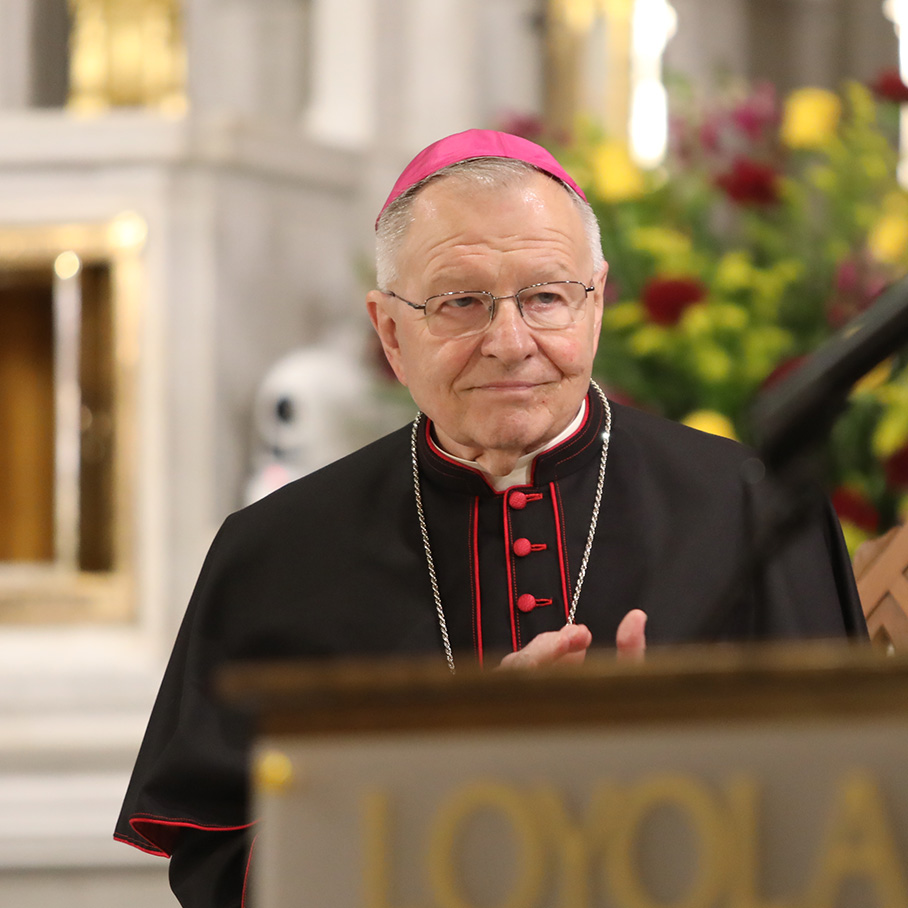A religious course called the IgnatianFacultyFellowsProgram aims to inform professors about Ignatian values and teachings.
The Ignatian Faculty Fellows Program is an optional, no- cost course during the Spring 2013 semester that will serve to educate faculty members about Ignatian and Jesuit spirituality.
Associate English professor John Sebastian, who is also leading this program, states that some time in September, faculty members will be invited for a chance to apply for the course and become Ignatian Faculty Fellows.
“Participants will be selected through a competitive application process,” said Sebastian in an email. “We’re estimating a cohort of about eight faculty members for our initial pilot program this year.”
The idea for the program formed when Sebastian was attending the Ignatian Colleagues Program in 2009, a leadership development program for administrators of Jesuit universities. During the conference, he was asked to create a “mission action project” and apply it to Loyola.
“The Ignatian Faculty Fellows Program began as my mission action project and was the result of 18 months of studying and thinking about Ignatian spirituality and pedagogy, the Jesuit educational mission, social justice and a rich variety of other topics that will now inform this new program at Loyola,” said Sebastian.
The main purpose of this program, according to Sebastian, is to not only offer a chance for the faculty to better understand Jesuit education, but to also have those teachings be applied to their own teaching methods.
“They (the professors) will learn about the history of Jesuit education, the unique character of Ignatian spirituality and the Jesuits’ commitment to social justice and think about how their courses might take better advantage of that tradition by engaging issues of justice more explicitly in the classroom, for example,” said Sebastian.
Elizabeth Goodine, religious studies professor, believes that these classes would be a great resource to the faculty and would benefit Loyola’s community.
“I have gone through the spiritual exercises and made personal retreats in the past, but I would also appreciate the opportunity to engage in discussion of Ignatian thought and practice with others in our community,” said Goodine in an email.
Associate Professor Connie Rodriguez believes the program would be helpful. However, she thinks that most of the professors who would decide to take the course already know much about Ignatian values.
“I think it would be beneficial depending on different factors of what is prevalent in the class,” said Rodriguez. “I hate to say it, but I wonder if the people who really need to go are actually going to take it.”
In response, Sebastian said the program is designed to accommodate faculty who know a lot about Jesuit values as well as those who do not.
“To be clear, this program doesn’t require any specific faith commitment, nor are faculty expected to start teaching in some radically different way,” said Sebastian. “Instead, we want to offer a new framework for faculty to think about their vocation as teachers and researchers.”
“Participants in the Ignatian Faculty Fellows Program will conclude their experience with a deeper understanding of the history and educational mission of the Society of Jesus and of the intellectual, spiritual, and social dimensions of Ignatian spirituality and pedagogy,” said Sebastian.
Burke Bischoff can be reached at [email protected]







